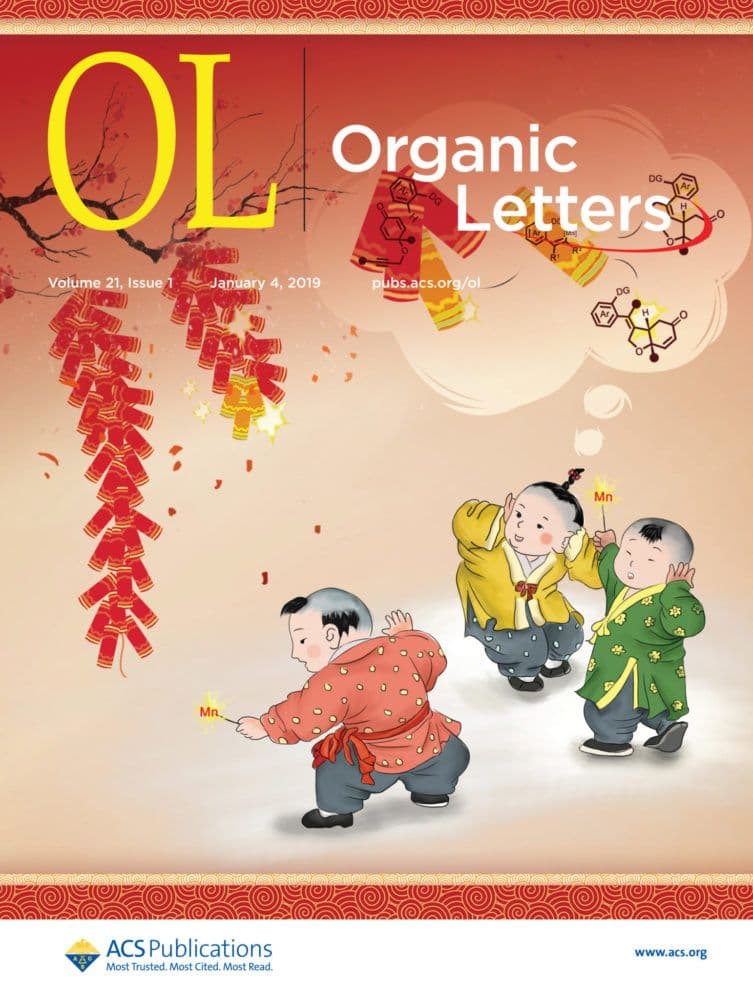Co-sponsored by the ACS Division of Organic Chemistry and Organic Letters, this annual award recognizes authors of an outstanding letter published in the journal in the previous calendar year. The letter is selected based on its creativity and impact in the field. This year’s recipient, Professor Ruben Martin of the Institute of Chemical Research of […]


Co-sponsored by the ACS Division of Organic Chemistry and Organic Letters, this annual award recognizes authors of an outstanding letter published in the journal in the previous calendar year. The letter is selected based on its creativity and impact in the field.
This year’s recipient, Professor Ruben Martin of the Institute of Chemical Research of Catalonia (ICIQ) in Tarragona, Spain. He is being recognized for his group’s paper, “Ni-catalyzed Reductive Deaminative Arylation at sp3 Carbon Centers.”
Learn more about Professor Martin by reading the highlights from our interview below.
What does this award mean to you?
It is truly an honor to receive this award on behalf of my very talented co-authors. It is actually very humbling to be elected as the recipient of this award, particularly if one takes a look at the unbelievable number of excellent manuscripts published in Organic Letters. In line with this notion, I would like to highlight that Watson and Molander independently came up with a related approach towards the same goal, also published in Organic Letters.
My co-authors certainly deserve all the credit for this award, they are an amazing team of not just scientists, but also incredible human beings who together drive our innovation and accomplishments.
What prompted you and your team to write this paper?
A while ago, my group launched a program aimed at unraveling the potential of catalytic reductive cross-coupling reactions for forging new C–C bonds without recourse to stoichiometric organometallic reagents. In particular, our goal was to establish a de novo catalytic reductive route for enabling sp3 carbon-aryl architectures from alkyl amines due to the prevalence of the latter in pharmaceuticals and preclinical candidates, hoping that it might serve as a versatile tool for late-stage functionalization. We were guided by the inherent potential of pyridinium salts as coupling counterparts, hoping to come up with a synthetically-enabling, yet user-friendly, protocol to forge the targeted sp2-sp3 linkages.
What will you be working on next?
Alkyl amines hold considerable potential as coupling partners in late-stage functionalization. With that in mind, our group and others are actively pursuing a variety of relevant deaminative strategies that include innovative carbon-carbon and carbon-heteroatom bond-forming reactions with unconventional coupling partners, as well as new atom-economical alternatives to amine surrogates with similar, if not better, reactivity profile.
Read all of Professor Ruben Martin’s articles from ACS Publications.
Stay Tuned!
Stay tuned for more details on the symposium and the 2021 Award nominations process by subscribing to journal updates and alerts.
